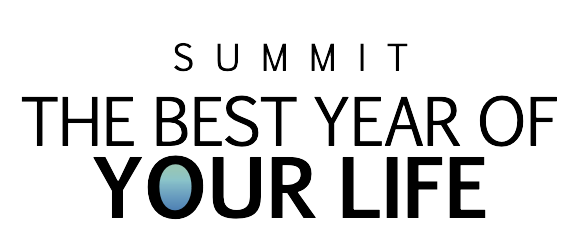ART OF MEDITATION GLOBAL SUMMIT CE COURSE Homestudy Online
Course description
This 10-hour CE course will give participants a deeper understanding of mindfulness, its neuroscientific underpinnings, and its implications for neuroplasticity. The course will discuss the most up-to-date research around integrating mindfulness into clinical practice, and describe multiple mindfulness-based approaches and their impacts.
Participants will learn about the following techniques: Neuro-somatic Mindfulness, Mindful Self-Compassion, EcoMeditation, and the Cornerstone Process. Throughout the course, participants will learn about the connections between mindfulness, habit-formation, and stress-resistance. The course includes discussions of how to navigate the balance of intuitive and empirical data in meditation, and provides participants with a justice-based framework for mindfulness that can help them to better notice and respond to social inequality.
Participants will gain greater understanding and confidence both for integrating mindfulness into their clinical practice with clients and for making use of mindfulness practices for good practitioner self-care. Teachings are appropriate for healthcare professionals as well as the general public. Healthcare professionals will be able to incorporate the tools and practices offered in this program in ways beneficial to clients or patients.
THE DETAILS
Where: Homestudy Online
Cost: $75 for 10 CE credits
Only Available with Purchase of the Summit Upgrade Package
Faculty

RICK HANSON, PHD
Psychologist, Senior Fellow of UC Berkeley’s Greater Good Science Center, and NY Times bestselling author of six books including Buddha’s Brain, Resilient, and NeuroDharma
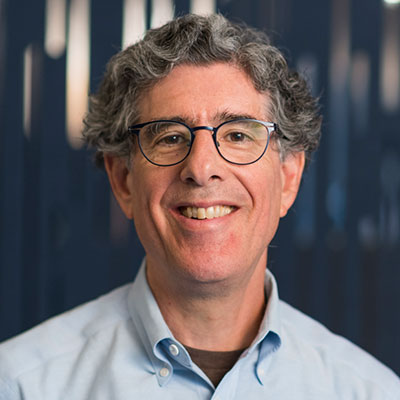
RICHARD J. DAVIDSON, PHD
Neuroscientist, Founder of Center for Healthy Minds, Author of the Emotional Life of Your Brain
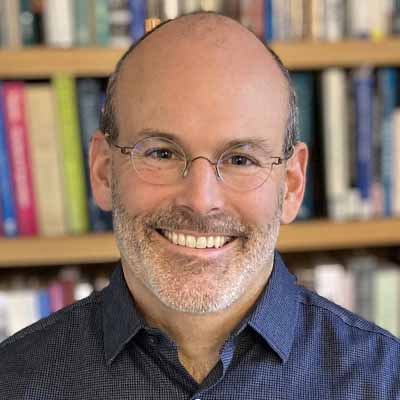
JUDSON BREWER, MD, PHD
Professor at Brown University, CMO at Sharecare, author of Unwinding Anxiety and The Craving Mind

DAWSON CHURCH, PHD
Awarding winning science writer, Bestselling author of Bliss Brain, pioneering researcher in energy psychology
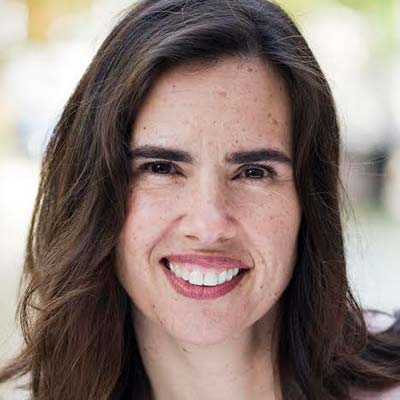
KRISTIN NEFF, PHD
Psychologist, Co-Developer of Mindful Self-Compassion (MSC), Author of Self-Compassion, Fierce Self-Compassion
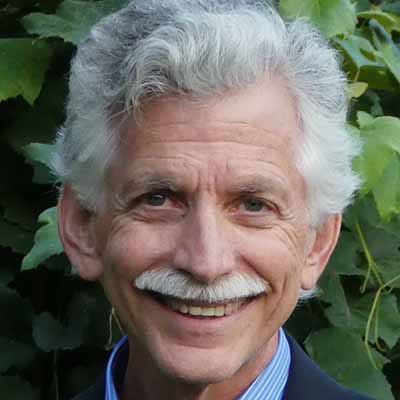
RONALD SIEGEL, PSYD
Psychology Professor, Clinician, Educator, and Author of The Mindfulness Solution: Everyday Practices for Everyday Problems

DAEESS 1DREA WASIO, MD
Integrative Physician, Trauma Expert, Author of Top Ten Traits of Highly Resilient People
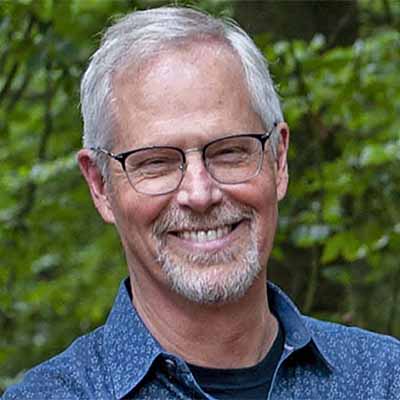
CHRISTOPHER GERMER, PHD
Harvard Psychologist, Co-Developer of Mindful Self-Compassion (MSC), Author, The Mindful Path to Self-Compassion
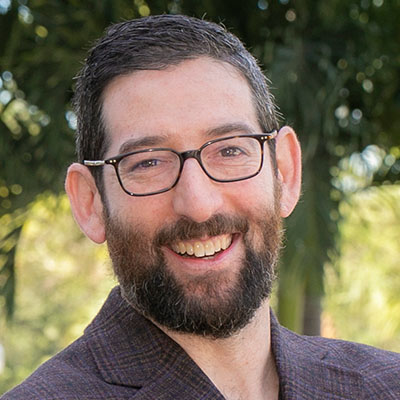
DAVE VAGO, PHD
Associate Professor, Director of Neurosciences & Communications for the International Society for Contemplative Research and Research Lead for RoundGlass

SARA LAZAR, PHD
Associate Professor, Massachusetts General Hospital and Harvard Medical School, and board member of the Institute for Meditation and Psychotherapy

RHONDA MAGEE, JD
Professor of Law, Mindfulness Teacher, Social Justice Advocate, Author of The Inner Work of Racial Justice
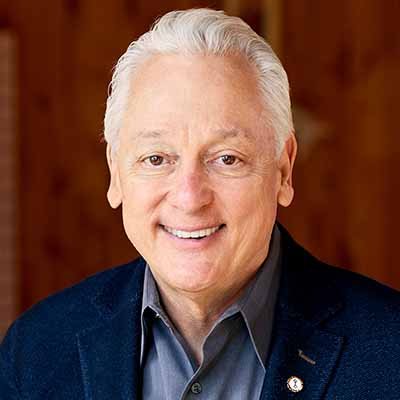
ROSHI FLEET MAULL, PHD
Meditation Teacher, Mindset & Habit Change Coach, Social Entrepreneur, Author of Radical Responsibility
Learning Objectives:
Identify and describe the evidence-based promoters of neuro-plasticity.
Describe the neuroscience that supports the efficacy of mindfulness in changing undesirable habit loops.
Discuss eco-meditation and the neuro-biological changes resulting from cultivating peak states.
Explain the underlying framework of Neuro-somatic Mindfulness.
Describe the Cornerstone Process for working with trauma and building psychological resilience.
Discuss the importance of two aspects of mindfulness training, focused attention and insight, for emotional regulation in psychotherapy.
Describe and differentiate the neurobiological changes that mindfulness-based practices have on beginner and advanced meditators.
Explain the biopsychosocial impacts of mindfulness practices on 5 factors of self-transformation.
Describe the connection between mindfulness and self-compassion and the relevance of both in positive therapeutic outcomes.
Discuss a justice-based framework for mindfulness and explain how it can be used to better notice and respond to inequality.
Explain the intersection of and the mutually influential relationship between Eastern meditation practices and Western science.
10 CE Credits
Information on Continuing Education Credit for Health Professionals
Please note that there are more than 10 sessions and only 10 CE credit hours. Each session contains a meditation practice demonstration that is not considered for CE credit hours. The additional sessions account for the time required to meet the APA requirements for a 10 credit course.
CE credits for psychologists are provided by the Spiritual Competency Academy (SCA) which is co-sponsoring this program. The Spiritual Competency Academy is approved by the American Psychological Association to sponsor continuing education for psychologists. Spiritual Competency Academy maintains responsibility for this program and its content.
The California Board of Behavioral Sciences accepts CE credits for LCSW, LPCC, LEP, and LMFT license renewal for programs offered by approved sponsors of CE by the American Psychological Association.
LCSW, LPCC, LEP, and LMFTs, and other mental health professionals from states other than California need to check with their state licensing board as to whether or not they accept programs offered by approved sponsors of CE by the American Psychological Association.
SCA is approved by the California Board of Registered Nursing (BRN Provider CEP16887) for licensed nurses in California. RNs must retain their certificate of attendance for 4 years after the course concludes.
Please click here to purchase the summit
For questions about receiving your Certificate of Attendance, contact Heart Mind Institute through CECredits@heartmind.co


